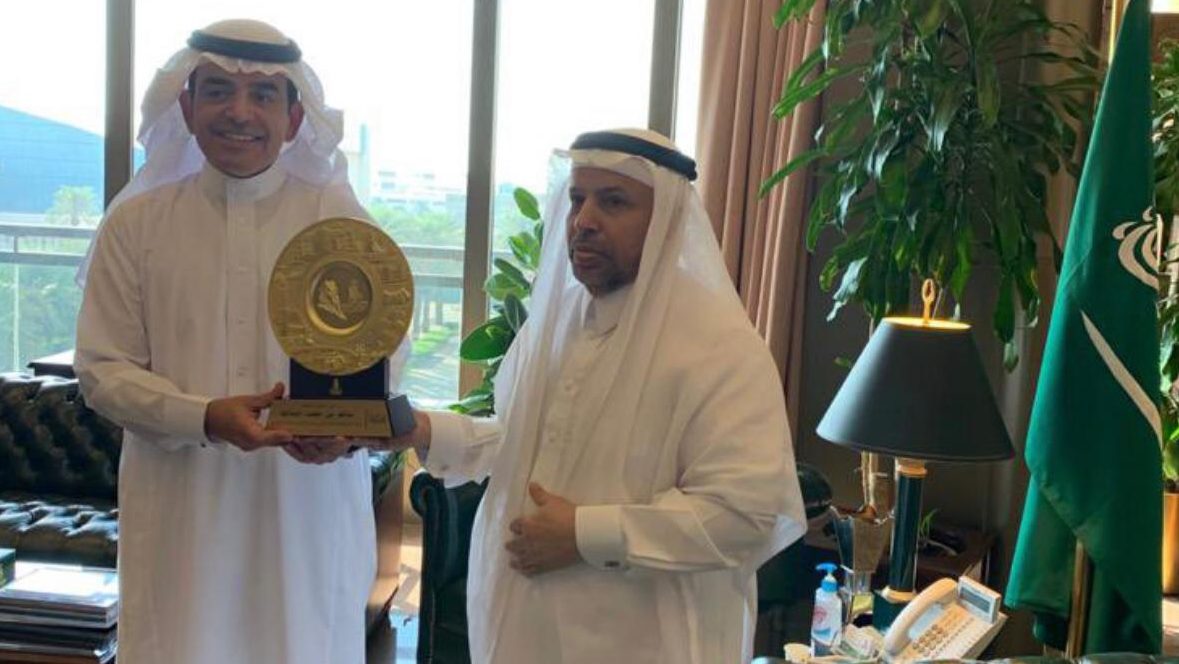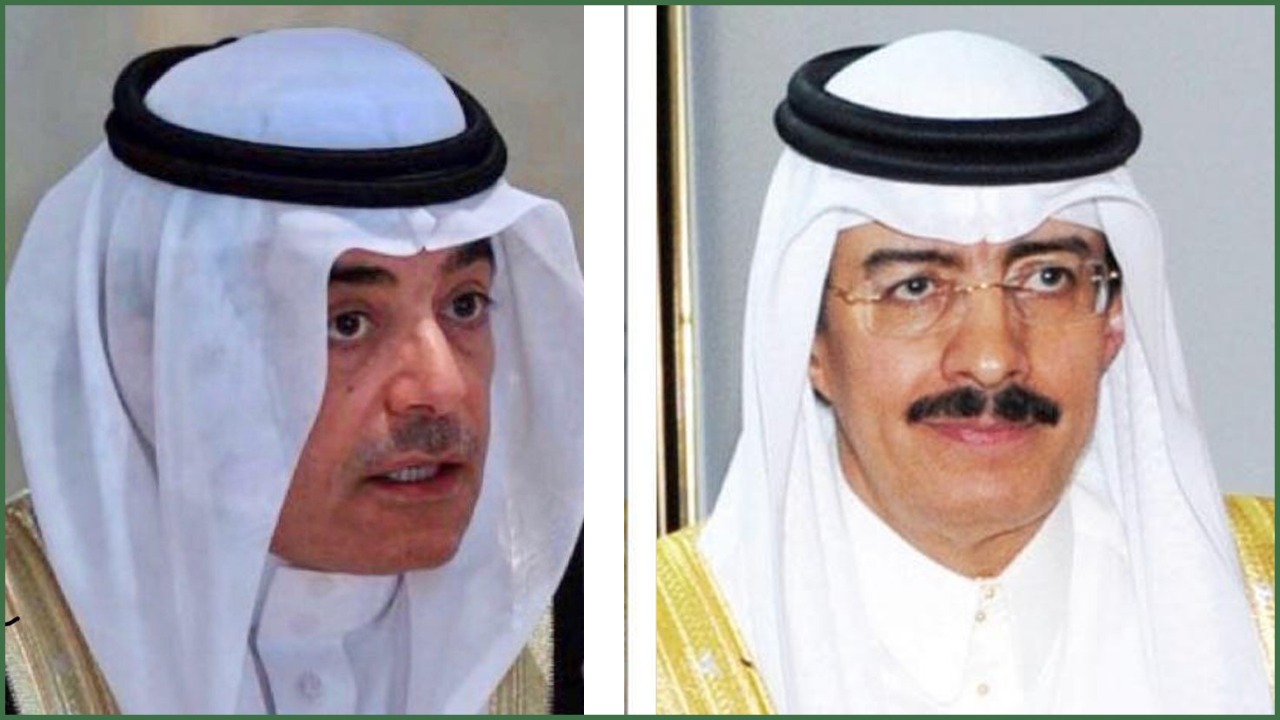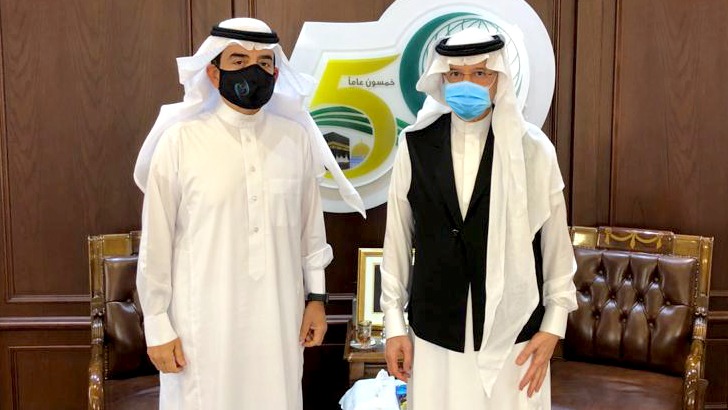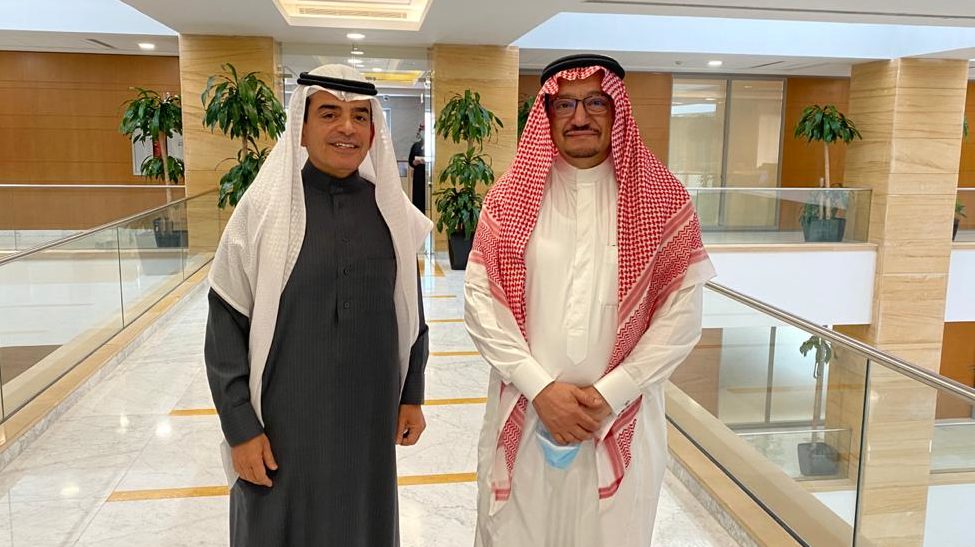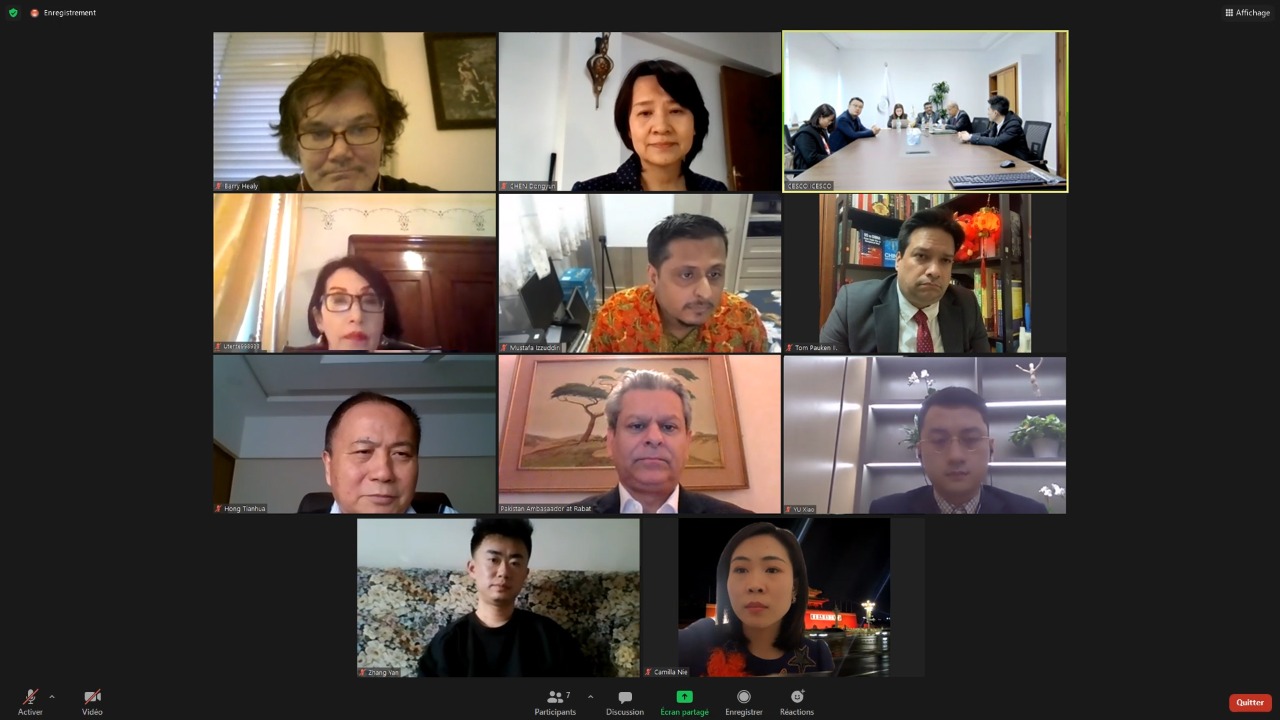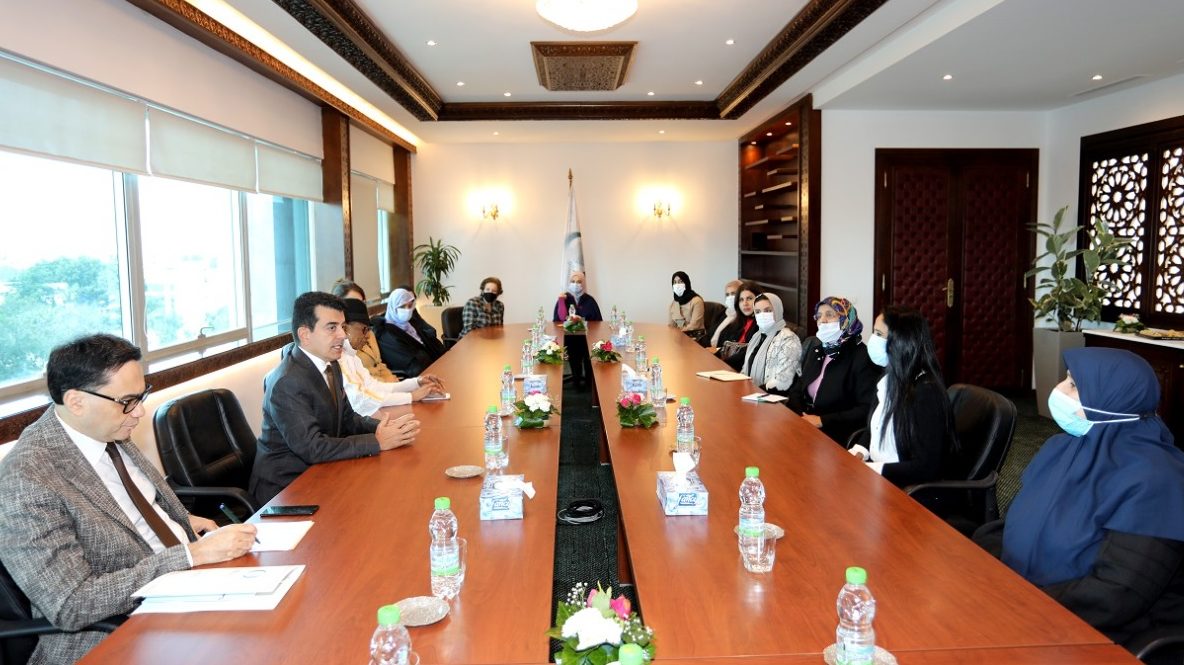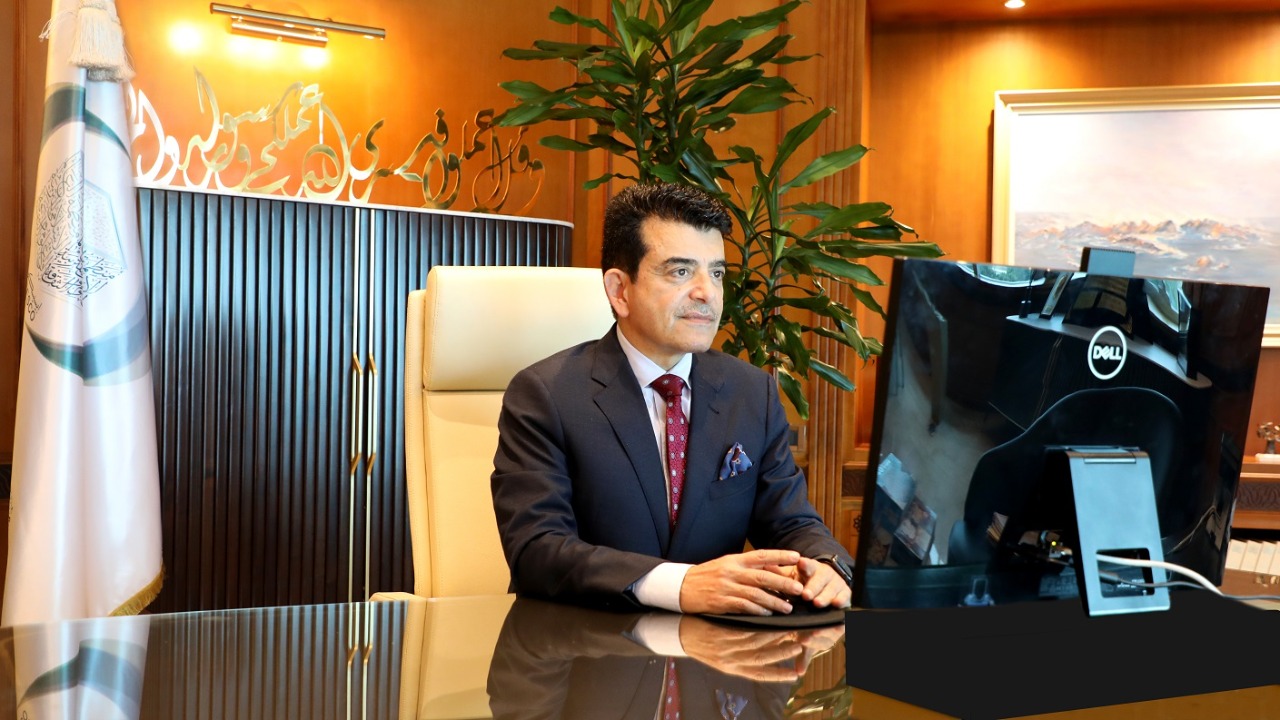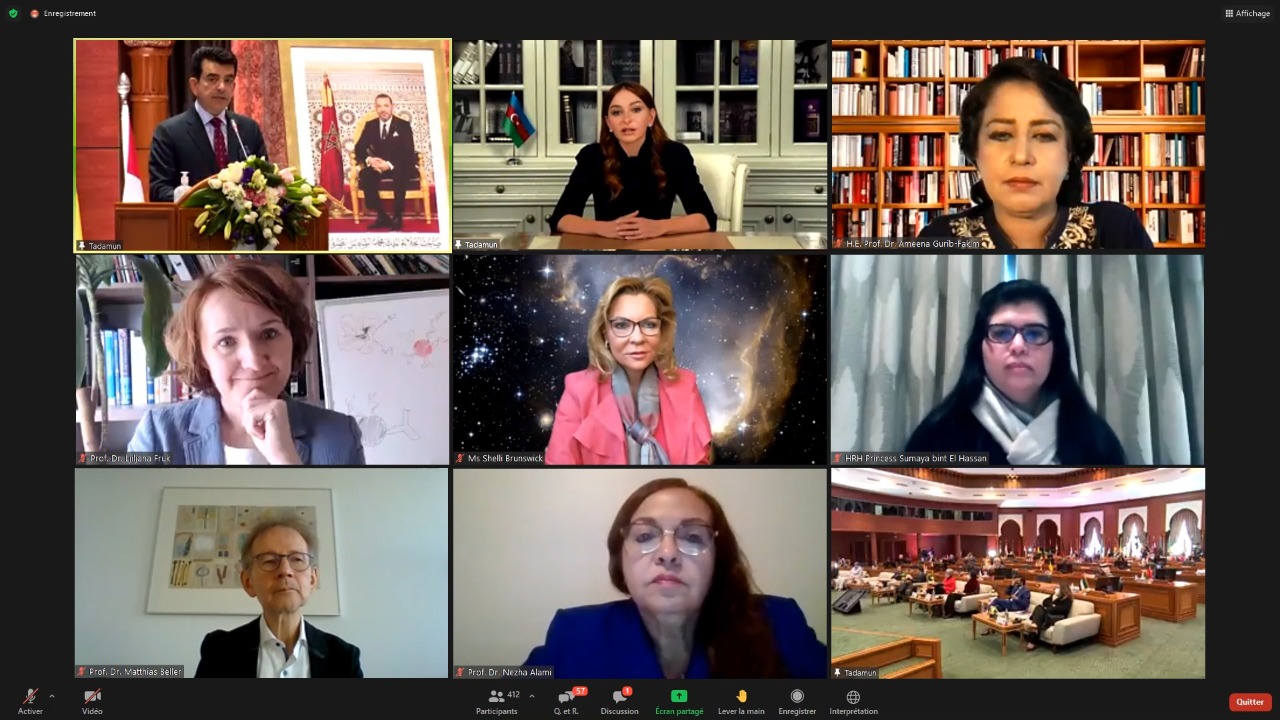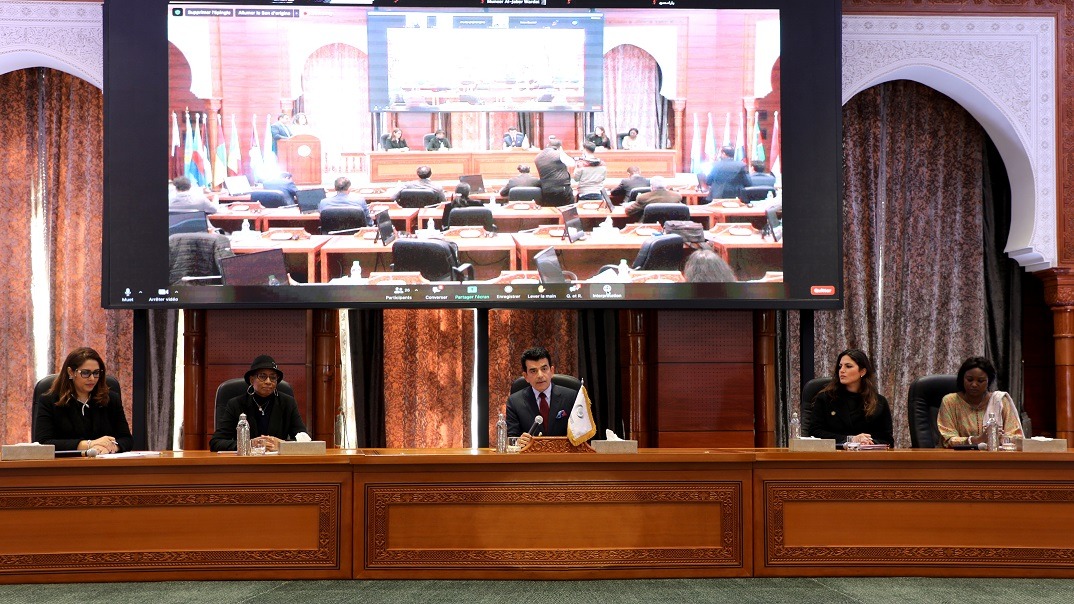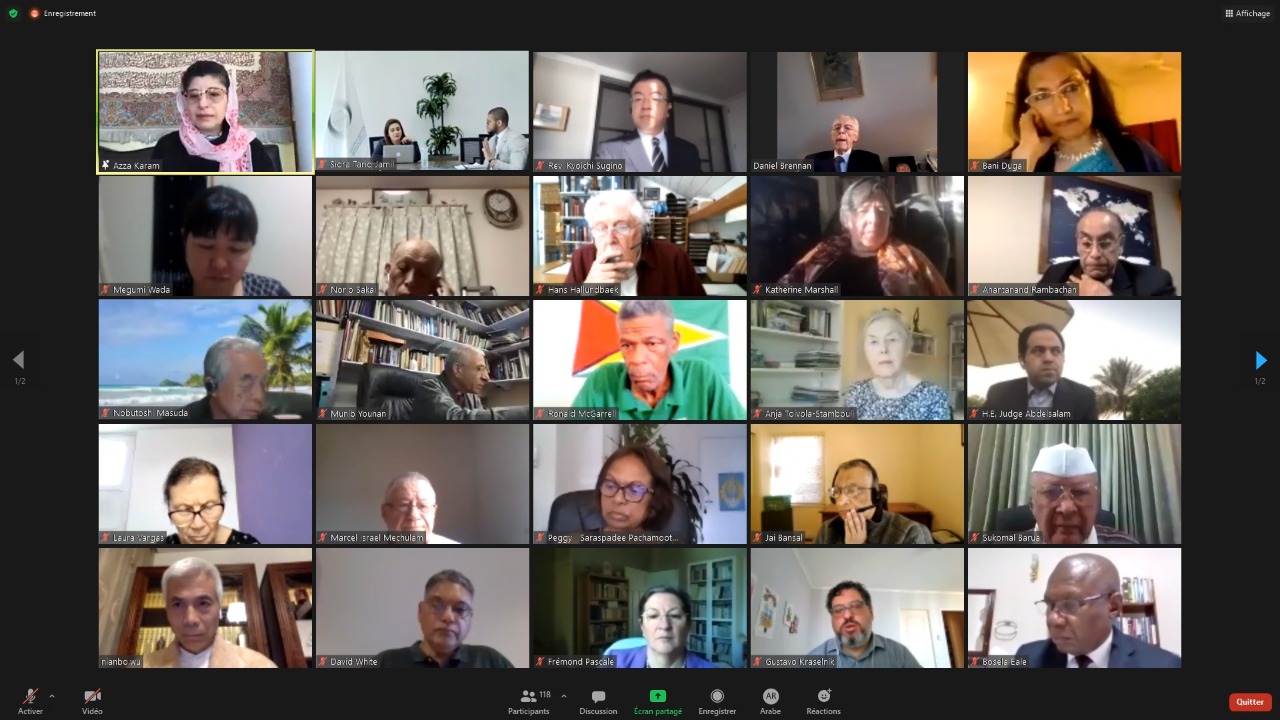The Islamic World
Educational, Scientific, and Cultural Organization (ICESCO) held on February
11, a press conference announcing its major programs and activities for 2021,
which the Organization has proclaimed as the Year of Women themed “Women for
the Future” under the high patronage of H.M. King Mohammed VI of Morocco.
At the onset of the press
conference, which ICESCO held at its headquarters through videoconference, Dr.
Salim M. AlMalik, ICESCO Director-General (DG), expressed his thanks and
gratitude to HM King Mohammed VI for responding to ICESCO’s request to confer
his patronage on the Year of Women. The step is an example of the attention the
monarch accords to the Organization following in the footsteps of his father,
late King Hassan II, may Allah rest his soul in peace.
Dr. AlMalik stated that,
through the proclamation of 2021 as the Year of Women, ICESCO seeks to honor
women and promote their leading role and high status as part of ICESCO’s new
vision contained in its Strategic Plan 2020-2030. The Vision, Dr. AlMalik
added, aims to build an innovative and smart civilizational system for the
Muslim world and enable women, youth, and children to exercise their
educational, scientific, cultural, technological, and environmental rights.
ICESCO DG reaffirmed that
the Celebration’s program includes four lines of action, namely conferences,
forums, programs and projects, studies and awards, as well as initiatives.
“These themes focus on the
empowerment, rehabilitation, capacity-building and integration of women within
society, as well as combating illiteracy, ensuring the right of girls to
education and addressing gender discrimination,” he added.
Dr. AlMalik
pointed out that this two-pronged program targets women inside ICESCO and in
the Member States. “First, it seeks to ensure the principle of equal
opportunities, train women leaders, provide a woman-friendly work environment,
establish a department for women, provide leadership trainings for as many
girls as possible in the fields relevant to the Organization’s fields of action
throughout 2021, and honor ICESCO’s female staff members as part of the “Model
Women Staff Member Program,” he underscored.
Dr. AlMalik
added that in Member States, ICESCO will implement and support women-specific
programs and activities, allocate a budget to support women novice innovators
and entrepreneurs, train the maximum number of girls and women in the
Organization’s areas of competence, and establish a set of specialized women’s
networks in the Islamic world.
The DG underscored
that “this part of the program aims to enhance the presence of Muslim women in
international events and ensure respect for their identity; publish and
translate outstanding women’s literary works; provide annual scholarships for
talented women in the Organization’s areas of action.”
“ICESCO will
also dedicate programs for protecting women against all forms of violence,
support Member States in fighting school dropout among girls, reduce the rate
of illiteracy among women and distribute from 25,000 up to 50,000 computers to
women in Member States, in cooperation with donors and local women’s
institutions and associations as well as the National Commissions,” highlighted
Dr. AlMalik.
After
reviewing the broad lines of ICESCO’s programs and activities scheduled for the
Year of Women 2021, Dr. AlMalik received journalists’ questions that focused on
the details, budget, target groups, and share of rural women in these programs.
Dr. AlMalik
along with the heads and directors of ICESCO’s sectors and departments answered
all questions, stressing that the programs, which target all girls and women,
will be funded in partnership between ICESCO and several cooperating
institutions and donors.


